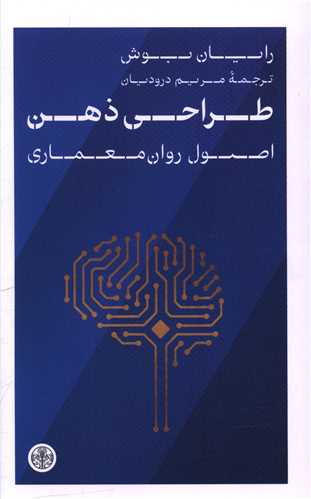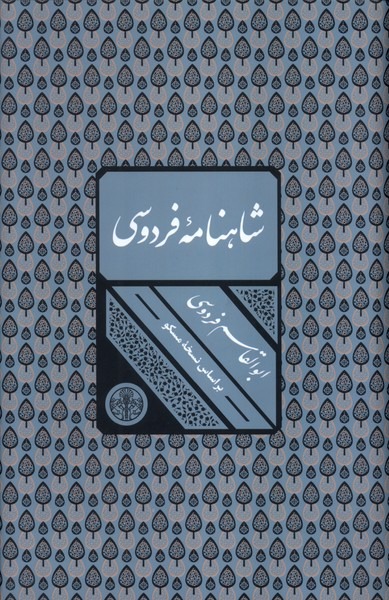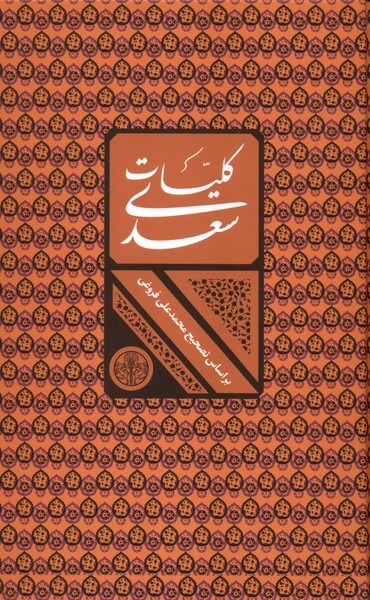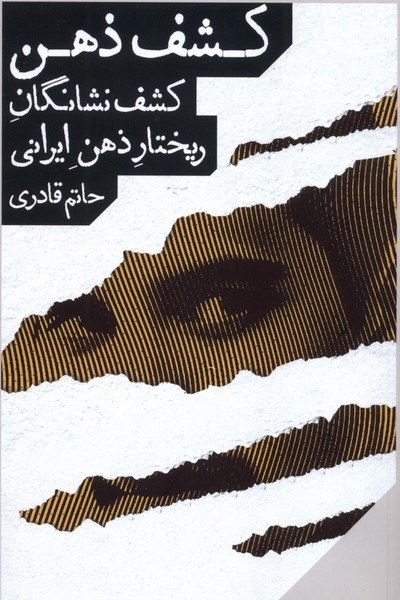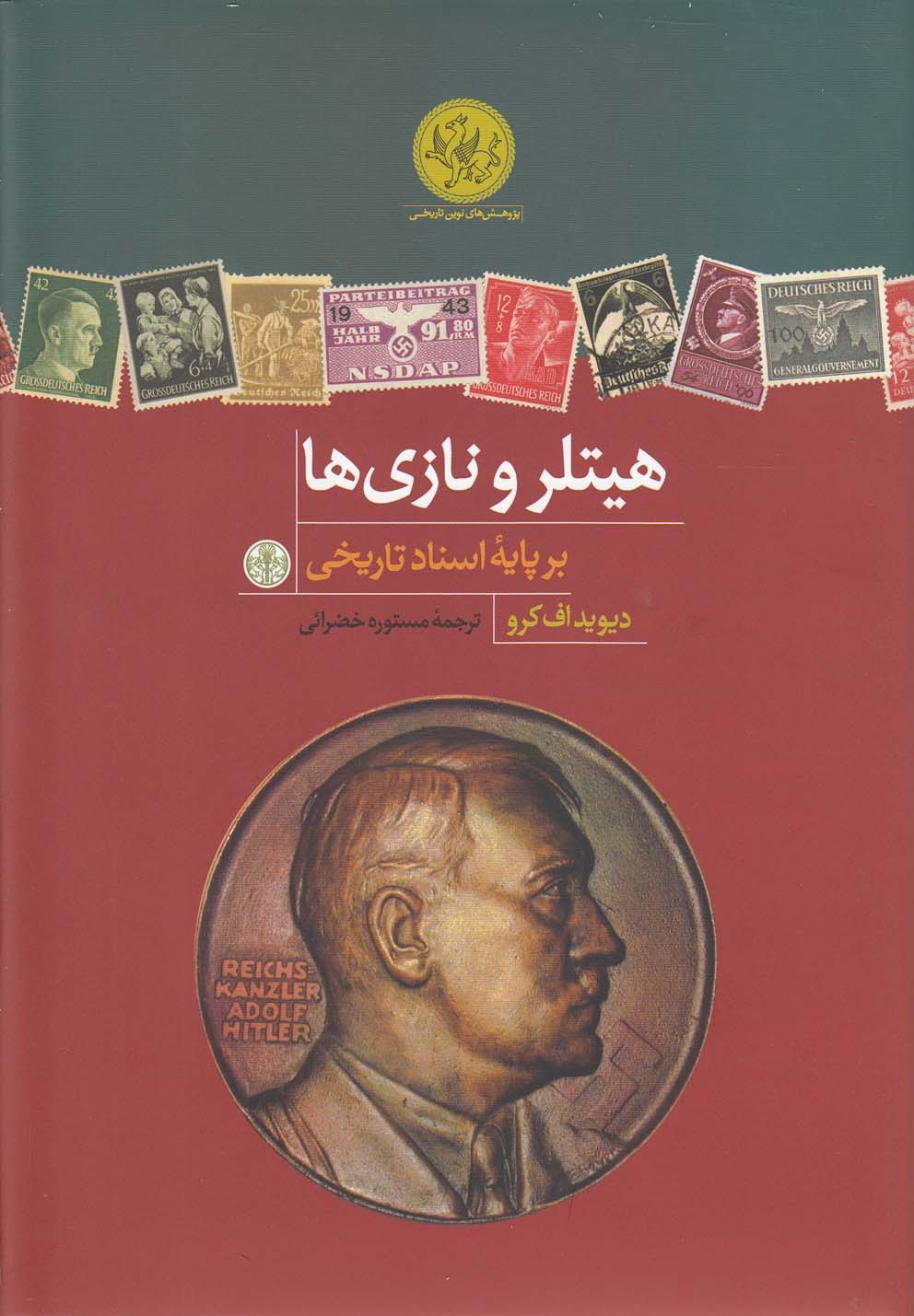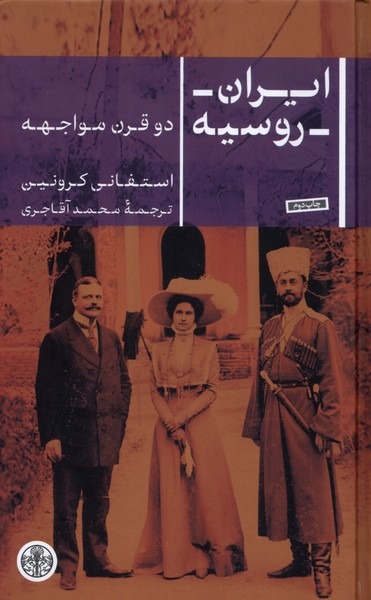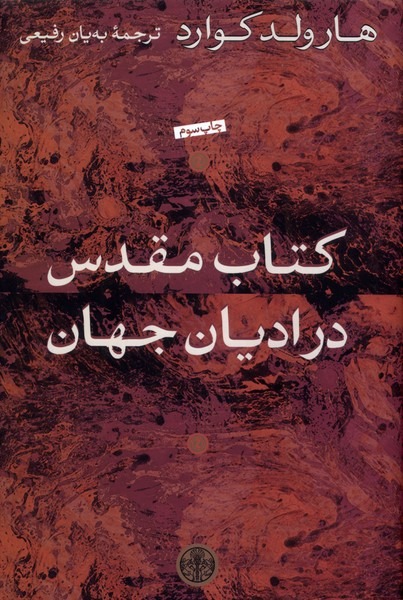طراحی ذهن: اصول روان معماری فارسی 1403
Ṭarāḥī-yi Zihn: Uṣūl-i Ravān Mi'mārī
15٫55 €
اشتراکگذاری
Wishlist
عنوان اصلی:
Designing the Mind: The Principles of Psychitecture
شابک:
9786002539052
مترجم:
Maryam Durūdīyān
گروه سنی:
بزرگسال
صفحات:
352
وزن:
235 g
ابعاد:
14 x 21 x 3٫2 cm
جلد کتاب:
شومیز
The Instant Cult Classic on the Art of Reprogramming Your Own Psychological Software Neuropsychology tells us that the human mind is infinitely malleable and adaptable. We know it is possible to rewire emotions and build deep tranquility into our minds. We know we can overcome the biased beliefs and self-limiting habits that hold us back from our potential. Yet when we actually seek to modify and master our minds, we are usually met with shallow life hacks and fleeting fixes. Fortunately, many great ancient philosophers left behind the open-source cognitive code for altering your own mental patterns and becoming your ideal self. Legendary thinkers like the Buddha, Marcus Aurelius, Friedrich Nietzsche, and Abraham Maslow have revealed the insights for building a brilliant mind, and award-winning systems designer, Ryan A Bush, weaves them into a vital theory for helping individuals scale the heights of self-mastery and lead great lives. "A fascinating framework" - Scott Barry Kaufman, PhD, author of The New Science of Self-Actualization If you struggle with persistent negative thoughts, stress and anxiety, or difficulty setting or achieving your goals, this modern self-mastery manual is essential reading. After reading this book, you will - How your mental algorithms determine your personal trajectory - How the Stoics overcame negativity and cultivated unshakeable peace - How to master the mechanisms behind your habits and behaviors - The right way to introspect and balance rationality and emotion - How the Buddha mastered his thoughts and desires - The difference between decoy goals and defined goals - The four threats to craving, compliance, comfort, and corruption - How to use your desires to fuel you instead of make you suffer - How to put an end to negative thoughts and rumination - How to achieve big goals effortlessly - And much more... "It has already changed my life, and I know it will change others as well" - Aaron T. Perkins, Executive Leadership Coach Though most never learn to change their default programming, it is possible to rewire your cognitive biases, change your ingrained habits, and transform your emotional reactions. The process of psychitecture will enable you to unplug from your own mind, alter its underlying patterns, and become the architect of your own enlightenment.
more
کتاب «طراحی ذهن: اصول روان معماری» اثر رایان بوش، رویکردی نوآورانه برای خودسازی ارائه میدهد که عناصر فلسفه، روانشناسی و علوم شناختی را با هم ترکیب میکند. بوش در این کتاب مفهوم «روان معماری» را معرفی میکند که بر اصول معماری و طراحی ذهنی استوار است و به خوانندگان میآموزد چگونه ذهن خود را بهعنوان فضایی قابل اصلاح در جهت رشد و بهبود فردی ببینند. او از این طریق، خوانندگان را تشویق میکند که مناظر ذهنی و احساسی خود را بهعنوان ساختارهایی که میتوان آنها را برای تقویت رشد، انعطافپذیری و رفاه بازطراحی کرد، درک کنند.
بوش خوانندگان را به رویکردی روشمند برای شکلدهی به افکار، احساسات و رفتارهای خود تشویق میکند و با بهرهگیری از مفاهیمی نظیر فلسفه رواقی، رفتاردرمانی شناختی (CBT) و علوم اعصاب، تمرینهای عملیای ارائه میدهد که فرد را به بازبینی باورهایش، تقویت هوش هیجانی و ایجاد عاداتی سازنده سوق میدهد. این تمرینها به فرد کمک میکنند که معمار ذهن خود باشد و با بازآفرینی ساختارهای ذهنی، به شکوفایی فردی برسد.
مفاهیم کلیدیای که این کتاب بررسی می کند:
1. «مهندسی ذهنی»
بوش بر این باور است که همانطور که فضاهای فیزیکی قابل طراحی برای عملکردهای خاص هستند، «ساختارهای» ذهنی نیز میتوانند در جهت بهبود رفاه و بهرهوری بازطراحی شوند. او تکنیکهایی برای «اشکالزدایی» از سوگیریهای شناختی و پرورش عاداتی که با اهداف بلندمدت همسو هستند، ارائه میدهد.
2. «تسلط عاطفی»
بوش به اهمیت خودتنظیمی هیجانی تأکید دارد و با تکیه بر اصول فلسفه رواقی، استراتژیهایی برای تنظیم واکنشها به تجربیات منفی معرفی میکند. او استدلال میکند که تسلط بر احساسات برای یک زندگی رضایتبخش ضروری است و راهبردهای او به کاهش استرس و افزایش تابآوری کمک میکنند.
3. «تجدید ساختار باور»
بوش باورهای بنیادین را به عنوان «بلوکهای سازنده» ذهن توصیف کرده و از خوانندگان میخواهد که این باورها را بازبینی کنند. او تکنیکهایی برای شناسایی و اصلاح باورهای محدودکننده ارائه میدهد تا ذهنیتی انعطافپذیر و رشد محور ایجاد شود.
4. «پرورش عمدی»
بوش بر اهمیت زندگی عمدی تأکید دارد و توصیه میکند که ایجاد یک چشمانداز روشن از ارزشها و اهداف شخصی و همسویی اقدامات روزانه با آنها برای زندگی معنادار ضروری است.
«طراحی ذهن» منبعی ارزشمند برای خوانندگانی است که به دنبال افزایش خودآگاهی و عاملیت شخصی هستند. بوش با ارائه چارچوبی ساختارمند و مفهوم «روان معماری» توانسته است راهی جدید برای تغییر ذهنی ارائه دهد که این کتاب را برای علاقهمندان به روانشناسی، فلسفه و توسعه فردی اثربخش میسازد.
more

